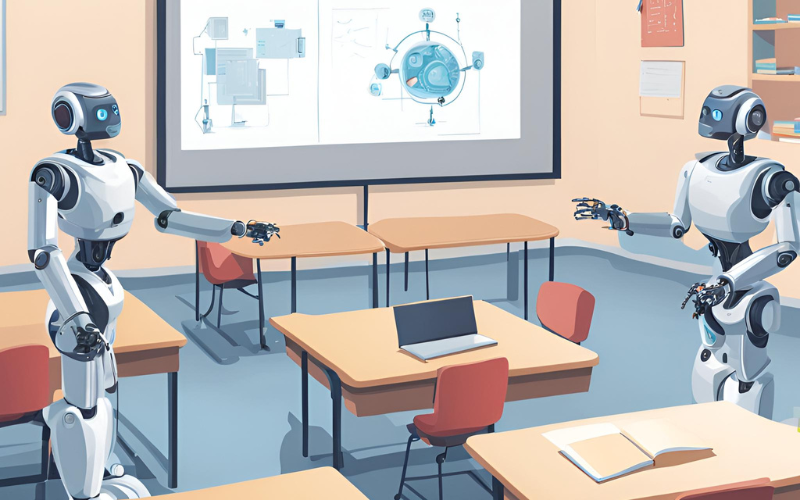
Guest Post by Dr. William Overton, Faculty Director, School of Arts and Humanities at American Public University System
Dr. Grace Glass joined APUS as dean of the School of Arts and Humanities in August 2015, succeeding retiring Dr. Linda Moynihan. Faculty Director William Overton of the Department of English recently spoke with Dr. Glass on the “New Era in Arts and Humanities” at APUS, and she shares her perspective on what this means for online education in the following remarks.
WO: “What is your passion or your view of the place for arts and humanities studies today?”
GG: “I have several thoughts for the School of Arts and Humanities (SAH) moving forward. As one with an English Ph.D., I’ve always been passionate about reversing the negative view of the humanities that has persisted in many areas of higher education in recent decades. The liberal arts have been portrayed as a discipline that does not lead to career success—at best, useless; at worst, an expensive distraction for students who should be concentrating on career skills. Even though most institutions require a core of general education, these courses are often crammed into a student’s first semester and never referenced once they move into program work. After graduating, students don’t remember the writing, communication, and critical thinking skills they learned as freshmen because they were never reinforced, and they think of “Gen Eds” as something they just had to get through in order to reach the “real” work of their majors.”
WO: “Do you believe this will change in the next decade?”
GG: “Yes, I do. Luckily, things are already changing. It’s becoming clear in the media and recently published works (see Peter Capelli, Will College Pay Off?), for example, that liberal arts and humanities disciplines provide skills that are essential in the workplace—indeed, skills that employers need. In my conversations with industry advisory councils in the past several years, employers emphasize that while they can train new hires in processes and content, they can’t train what the humanities teach—effective written and oral communication, teamwork, critical thinking, and professionalism. New graduates need to enter the workforce with these skills. As Capelli shows in his book, most young graduates will have four or five different careers during their lifetime. A worker today spends an average of only three years at each specific job. Even if a major prepares a grad for a first job, they will be out of luck without the thinking and communication aptitudes that generalize to other positions.”
WO: “What you are saying reminds me of Alvin Toffler’s book, Future Shock, published back in the 1950s. His predictions included the idea that most college graduates would change not only jobs, but entire career fields, several times during their working lifetimes. What do you see as your role in helping to bring about this realization among administrators, faculty, and students here at APUS?”
GG: “I’d like to work with faculty, other deans, and APUS leadership to think through integrating the humanities with courses and programs in other schools to provide our students with the best preparation possible. To succeed, our students need to know that the humanities and their majors are not mutually exclusive. This integration can take several forms. For instance, professional development for faculty in other disciplines on grading writing and oral presentation skills is routinely offered at other institutions. Ohio State has a widely known center that utilizes teaching assistants and writing faculty in this way. That way, faculty in business or STEM can feel comfortable creating assignments and assessing soft skills in their courses. We can also create interdisciplinary coursework and perhaps down the line, even programs. These are very long-term strategies, but APUS has a great framework for curricular innovation and professional development through the Center for Teaching and Learning, and I’m excited to see what possibilities there are for this kind of collaboration.”
Dr. Grace Glass grew up in Southern Ohio as the daughter of two English professors and followed in their footsteps. She attended Smith College as an undergraduate and earned a Ph.D. in English literature from the University of Michigan. She has served in various faculty and administrative roles, most recently as Associate Dean of General Studies at Northcentral Technical College in Wisconsin.
Dr. William Overton is Professor of English and Faculty Director for English/Literature in the School of Arts & Humanities at APUS. He is a former U.S. Army Sgt. and a former Public Affairs Officer in a state law enforcement agency. He currently lives and works in Idaho with a patient wife and two energetic toy poodles.











